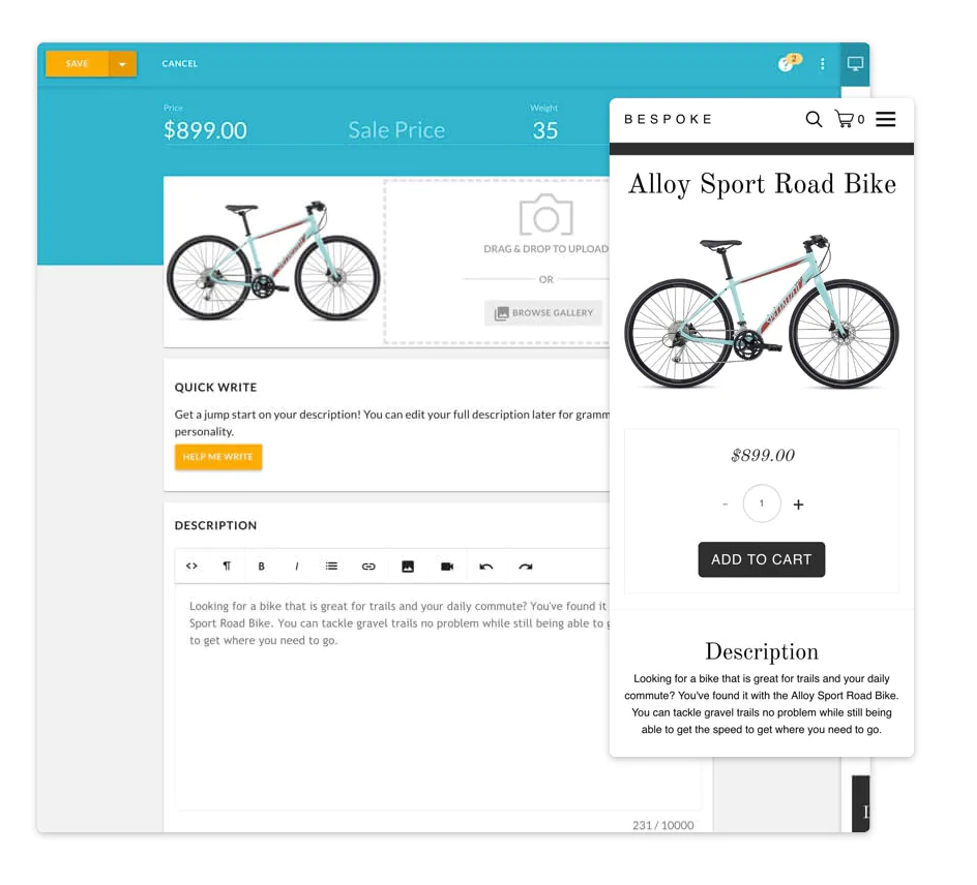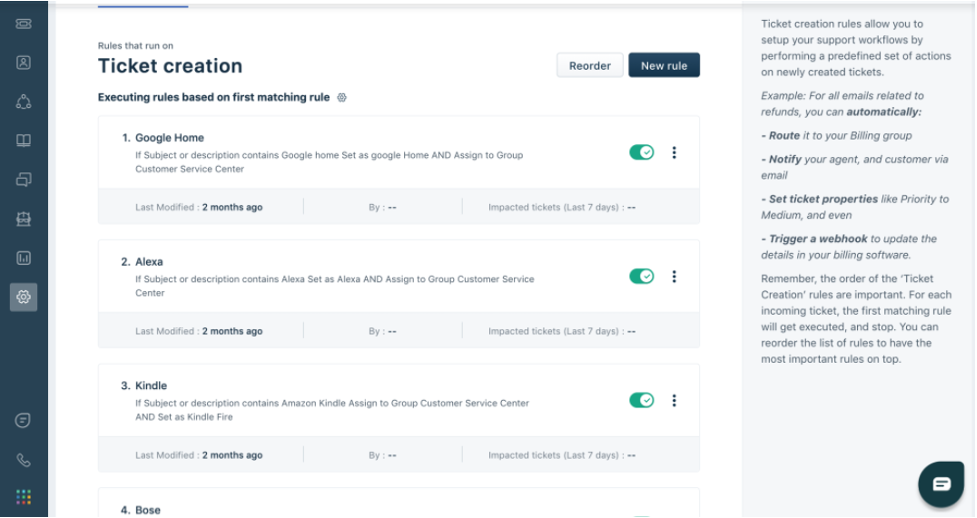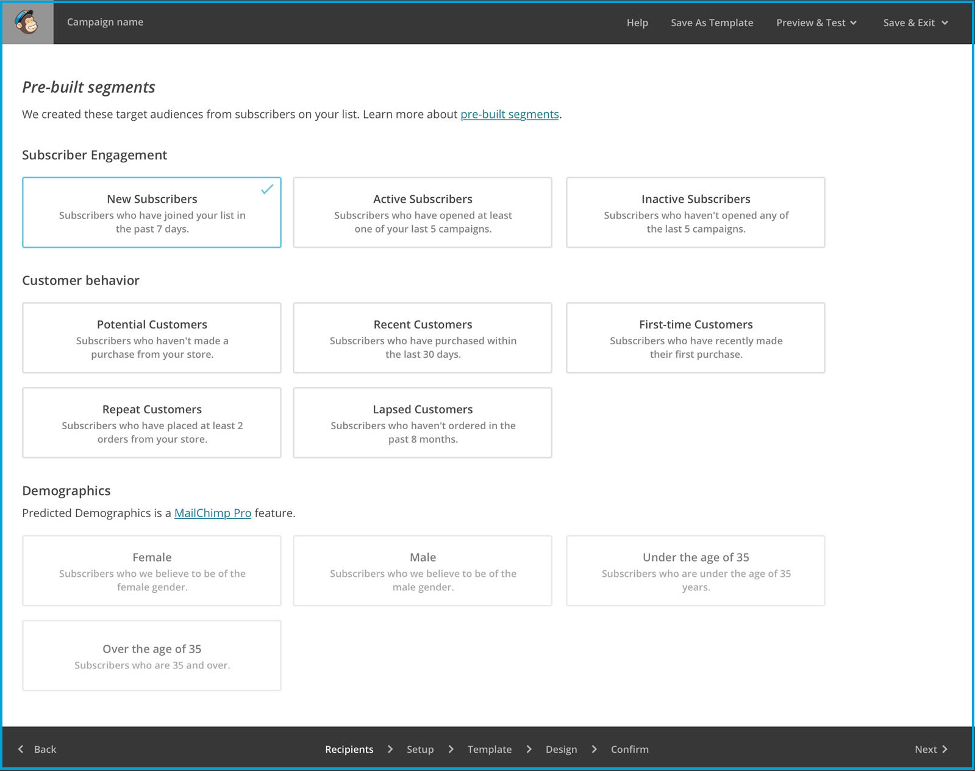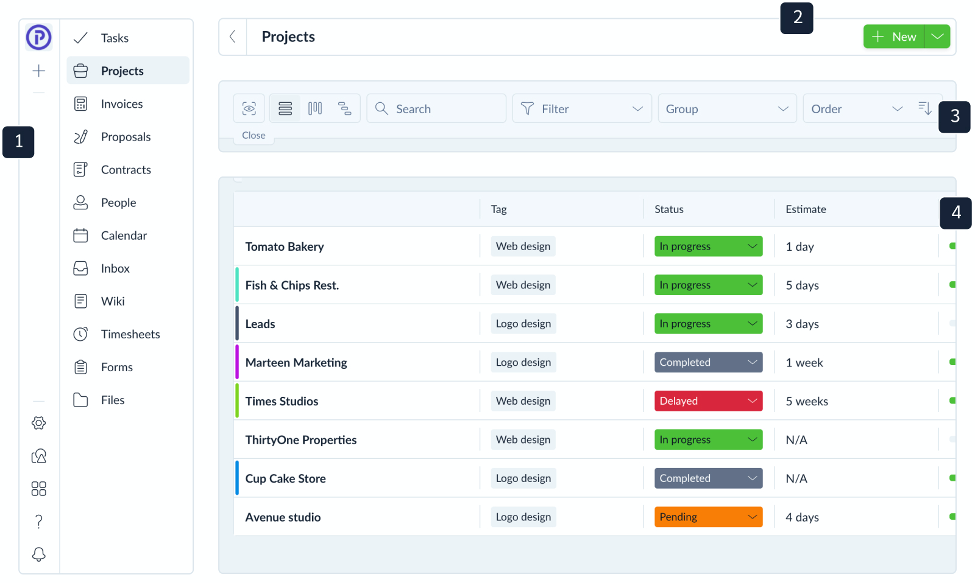Managing an ecommerce store isn’t always easy.
You need to have the right approach and use the appropriate tools to handle your daily to-dos seamlessly and streamline your workflows to ensure smooth operations.
After all, inefficient operations can lead to low productivity, and you end up failing to meet your targets — leading you to lose customers, or worse, fail to make significant revenue.
Fortunately, there are strategic ways to manage your ecommerce store more efficiently — which we’ll cover in this guide.
1. Opt for an Easy to Use Ecommerce Platform
Simplify building and managing your online store by using an intuitive, user-friendly ecommerce platform.
Doing so gives you access to professionally designed templates and website features with the essential elements you need to run your store efficiently.
For instance, ecommerce platforms such as the Volusion offers customizable templates you can easily modify and build on to suit your branding and operations needs.
The platform offers comprehensive features to optimize your online store for marketing and sales. This includes compelling product pages, an intuitive order system, gateway and payment processing, and other features to simplify managing your online store.

Volusion’s other useful features include a Customer Relationship Management (CRM) system, tools to manage customer accounts, product data importing via CSV file, and an intuitive returns management system.
With an easy-to-use ecommerce platform, managing your online store becomes less of a headache. This allows you to run your store more seamlessly, and you can focus more on revenue-generating tasks.
2. Leverage Automation Tools
Manual, repetitive tasks can eat up a chunk of your productive hours and precious resources and slow down your workflows.
This makes it crucial to adopt automation to streamline managing vital parts of your ecommerce store operations.
One critical aspect of ecommerce store management you can automate is your customer service.
Tasks such as addressing common customer queries promptly, assigning tickets, and finding context within client conversations become efficient with automation.
For example, powerful customer service automation software Freshdesk lets you automate assigning support tickets based on workload, agent skill, and category for faster resolution.

You can sort and direct incoming customer support tickets to the right teams (and reps) automatically using Freshdesk’s business rules. This saves you and your teams a ton of time and resources since you won’t need to forward tickets manually as they come in.
The software also provides centralized space for client conversations and other data, allowing your customer service reps to resolve support requests quicker.
You can set up automated workflows to handle customer support requests seamlessly, reducing the long back and forth that comes with manual, non-automated client care service processes.
3. Use Relevant Integrations
While you can run your ecommerce store with the basic tools and features, you can take your operations to the next level and improve efficiency by integrating powerful plugins or apps.
For instance, you can integrate MailChimp into your ecommerce store to supercharge your email marketing efforts.
Mailchimp’s powerful email marketing automation features allow you to streamline your email campaigns from your ecommerce store.
You won’t need to switch back and forth between the platforms to run your email marketing campaigns, saving you a huge amount of time and effort.
You can automate segmenting your audiences to speed up sending the right emails to the right people at the best time.
When your audience’s behaviors or traits match specific conditions, such as when a contact hasn’t opened your email campaigns within 15 days, Mailchimp adds them to a pre-built segment containing similar contacts.

This way, you get a ready-to-use segment without creating it manually, streamlining running your email marketing campaigns.
Reduce the manual, tedious aspects of your ecommerce store sales and marketing operations by integrating the right apps to help you improve your workflows and get results quicker.
4. Streamline Handling Projects and Tasks
Running your ecommerce store involves dealing with the daily tasks on top of other to-dos to ensure seamless operations.
To help you achieve this, use reliable project management software. Doing so gives you access to all the essential features to help you centralize, organize, and manage tasks across your teams while streamlining your invoicing tasks.
Project management software helps you oversee your projects and tasks from the beginning to the end seamlessly.
For instance, Plutio offers essential task management tools that help your team create, assign, and prioritize jobs and track their progress, including the number of hours staff spend on each task.
You can create projects and break them down into individual tasks. Plus, you can streamline your workflows by creating checklists, using task templates, and setting reminders.

The software also offers a built-in time-tracking feature to speed up creating your invoices. This allows you to record all your team members’ work on each task and generate invoices for all billable hours across your projects.
Using project management software streamlines managing your online store operations-related tasks for better efficiency.
You collaborate with your team seamlessly and handle tasks and projects faster and easier.
5. Simplify managing inventory
Organizing and ensuring you have the necessary number of stocks is crucial for smooth ecommerce store operations.
Bungle this, and you’re looking at inefficient order fulfillment that can lead to horrible customer experiences.
Ensure you establish an efficient inventory management system with these quick tips.
- Keep records of all your product information. Document all the information of the products in your inventory, including the barcode data, SKUs, lot numbers, and suppliers. Consider tracking the cost of each product over time since this can affect the price based on scarcity and seasonality.
- Audit your inventory regularly. Reconcile your inventory regularly to know how many products you have in stock at all times. Use dependable inventory management software and tools to streamline this process.
- Establish par levels. Avoid running out of stocks by setting par levels or the minimum number of products you should have in your inventory at all times. When your stocks dip below your set par levels, you’ll know it’s time to restock the items.
Inventory management is a critical and huge part of your ecommerce store operations, making it crucial to be efficient to avoid hiccups in your order fulfillment process.
Get more Sales with efficient Ecommerce Store Operations
Running an online store requires some elbow grease and determination.
However, by using the right approaches and incorporating reliable tools into your systems, operating your online store efficiently and effectively can be within your reach.
Learn from the tips in this guide and apply them to your operations. Determine which ones work best for your business and build on them to help you achieve ecommerce store growth and success.








